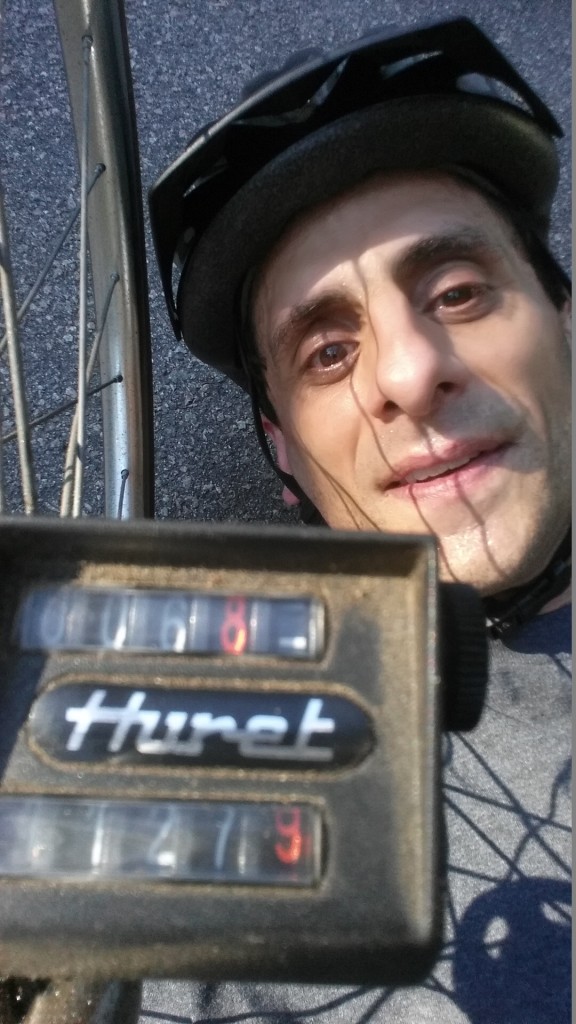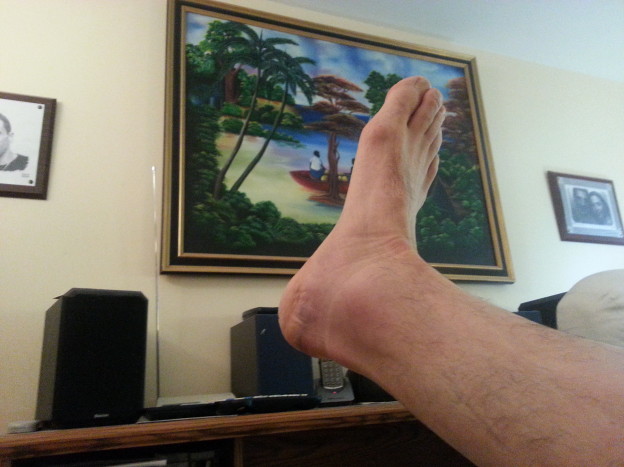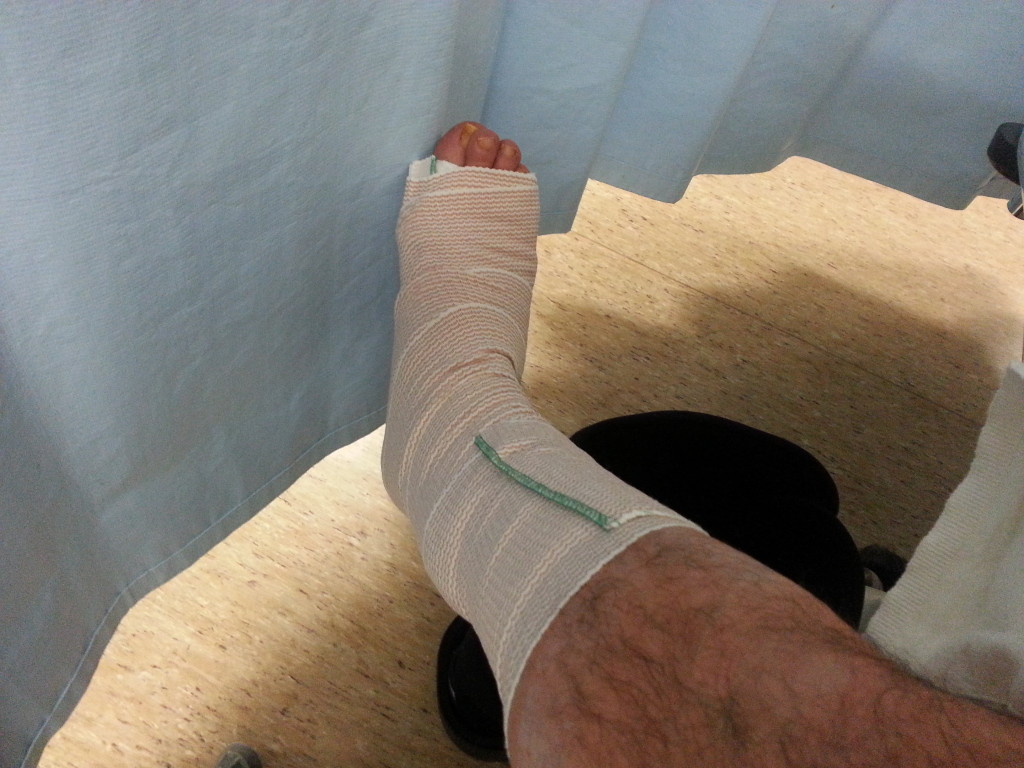It’s been 5 months + 1 week since my Achilles rupture surgery. Since that time, it’s been a really tough road. With respect to the injury, I’ve definitely encountered more lows than highs, mostly due to my desire to perform activities that I can’t, and being slowed down and hampered. Being non weight-bearing for over a month, those crutches and the boot. Struggling through daily activities I took for granted, like mowing the lawn or shopping became adventures. And just the general overall feeling in the lower leg that it’s just not right yet. Thinking about something I’ve done most of my life and not really thought about – walking. Frustrating, depressing, difficult.
But now I’ve hit a really interesting and difficult point in my recovery. This difficulty is based on my way of life, and to some may sound like something trivial, but I’m finding it not so trivial. My ultimate goal with recovery is what anyone with an injury would want – 100% recovery. I still have a way to go, but now I’m on that road alone. You may ask what do I mean by alone – here’s what I mean:
For the past couple of decades, my exercise regime has been fairly structured. I may have changed up the routines – cardio, strength training, and more recently the DVD programs from Beachbody. Before Beachbody, I would look up routines and follow them to give my approach some structure. With Beachbody, it was all laid out for me, structured and complete. I had a guide, so all I had to do was bring myself to the dance and workout. But recovering from a major injury isn’t that simple. And with that knowledge, I embraced physical therapy (PT) for around four months (from the time the doctor allowed it). Working with a professional that laid out a daily routine for me was great. I’d research online to see how her approach measured up to others and it seemed fine to me. But PT is overseen by insurance, and the insurance ran out. I was deemed ready to go at my recovery alone. And that is my difficulty. I am now on Recovery Island all by myself – me and the vastness of the internet for guidance.
The leg is not 100% healed yet. After 5 months, I’d say maybe 60%-70% healed. But as hard as it was to get to this point, that last 30%+ is going to be hard for me. For one, I’m not a competitive athlete. In general they have very structured injury recovery programs. I’m 54 years old, and with the body’s ability to recover, the age card plays an important role. I’ve spent days looking on the internet, and the problem is the guidance is all over the place. Some programs are more aggressive than others, and trying to match up where I’m at to different protocols is not easy. I’ve read other people’s blogs on their recovery from an Achilles injury, but the truth is every individual is different, so just because person A recovers in 6 months and person B recovers in a year has no relation to my own recovery. And to top it all off, I have to fight my own mental battle with apprehension and fear – how far can I push the Achilles today.
I wish I was on a Caribbean island right now and not this one. I will continue to march forward, but the path just became very muddy to me. That in itself is frustrating and a little scary.



